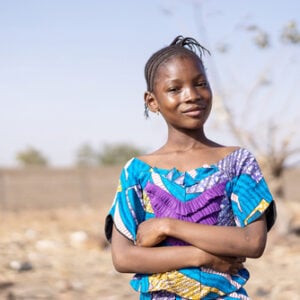The Gates Foundation has pledged a donation of US$1 million to support the World Health Organization’s (WHO) partnership with Pakistan, aimed at strengthening preparedness and response efforts in 33 high-risk and flood-affected districts across Khyber Pakhtunkhwa, Sindh, Punjab, and Balochistan. This initiative seeks to meet the urgent health needs of approximately 465,000 of the most affected people, focusing on maintaining life-saving health services, enhancing disease surveillance and outbreak response, and ensuring the availability of essential medical supplies.
The funding will assist national and provincial authorities over the next six months by improving health sector coordination, risk communication, and community engagement to disseminate vital information. Special attention will be given to vulnerable groups such as pregnant women, young children, older adults, persons with disabilities, internally displaced persons, and other at-risk populations living in host communities.
WHO Representative in Pakistan, Dr. Dapeng Luo, emphasized the importance of this support, noting that rapid response and preparedness are crucial in the face of increasingly severe monsoons driven by climate change. During a visit to health facilities affected by the floods in Swabi District, Khyber Pakhtunkhwa, Dr. Luo reaffirmed WHO’s commitment to both immediate relief and long-term resilience-building within Pakistan’s health systems.
Since mid-August 2025, flash floods and heavy rains have caused significant devastation in Khyber Pakhtunkhwa, killing at least 450 people and injuring 265, while affecting over 860,000 residents. Thousands have been displaced, and critical infrastructure, including 57 health facilities, over 4,000 homes, and 60 schools, has been damaged. Nationally, the monsoon season has resulted in over 800 fatalities, extensive injuries, and damage to hundreds of health facilities, houses, roads, bridges, and livestock.
WHO has been actively supporting emergency response efforts, including convening health sector partners for assessment and coordination. Medical supplies sufficient to treat up to 380,000 affected individuals have been distributed nationwide. In the immediate aftermath of flooding in Khyber Pakhtunkhwa, WHO quickly delivered supplies to treat 15,000 patients. The organization continues to support Pakistan’s Monsoon Contingency Plan 2025, which aims to provide emergency health assistance to 1.3 million vulnerable people across the prioritized flood-affected districts.






